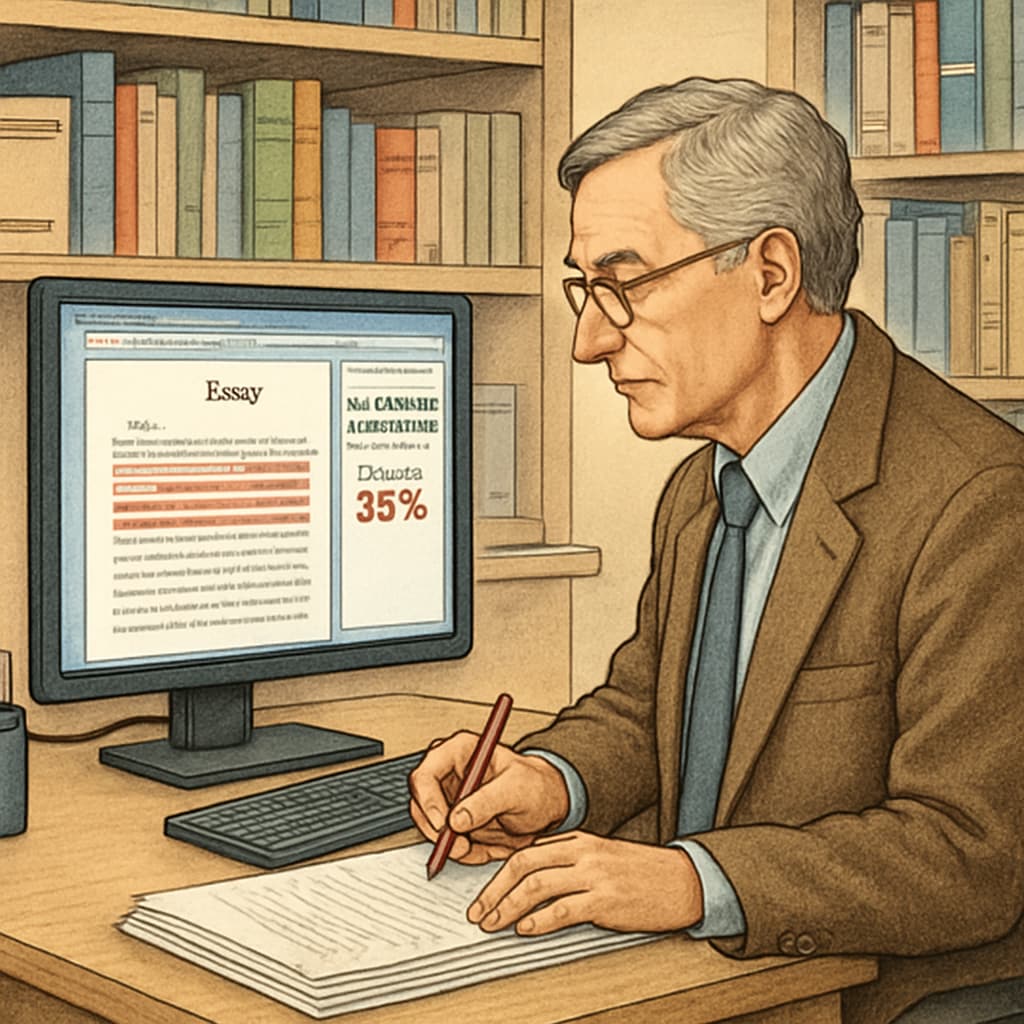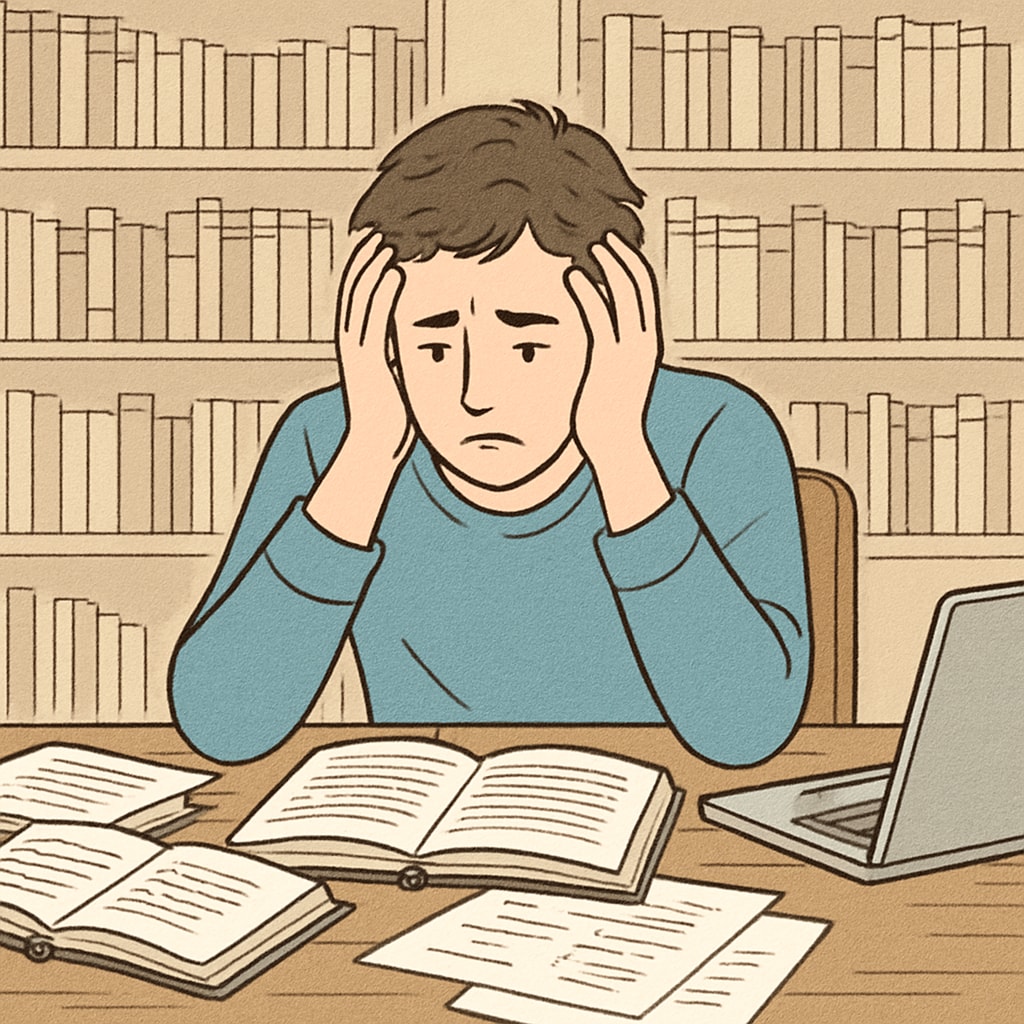Professors’ plagiarism accusations can have a profound impact on students and the broader academic community. These claims often revolve around concerns about academic integrity, a cornerstone of higher education. However, they also raise questions about the validity, fairness, and motivations behind such allegations. In this article, we delve into the root causes of these accusations, their implications, and how both students and educators can navigate these challenges effectively.
Why Do Professors Accuse Students of Plagiarism?
Plagiarism accusations are typically rooted in the quest to uphold academic integrity. Professors are tasked with ensuring that students produce original work and respect intellectual property. However, several factors can contribute to these accusations, some of which may stem from misunderstandings or biases:
- Mistakes in Citation: Many students struggle with proper citation techniques, leading to unintentional plagiarism. Professors may view these errors as deliberate acts.
- Over-reliance on Detection Tools: Automated plagiarism detection software, such as Turnitin, can produce false positives, flagging legitimate work as copied content.
- Implicit Bias: In some cases, professors may unconsciously target certain students based on their background, writing style, or perceived academic capabilities.
For example, Wikipedia’s article on plagiarism highlights how improper citation can often be confused with intentional copying. As a result, accusations may arise from misinterpretations rather than actual misconduct.

Impacts of Plagiarism Accusations on Students
When a professor accuses a student of plagiarism, the consequences can be severe. Academic penalties, such as failing grades or disciplinary hearings, are common outcomes. However, the emotional and psychological toll is equally significant:
- Damage to Reputation: A plagiarism accusation can tarnish a student’s academic record, affecting future opportunities like internships and scholarships.
- Stress and Anxiety: Facing accusations can lead to heightened stress, impacting a student’s mental health and overall performance.
- Loss of Trust: Such incidents can erode the trust between professors and students, creating a hostile learning environment.
According to Britannica’s definition of plagiarism, even unintentional acts can lead to significant repercussions. Therefore, it is crucial to address these issues with sensitivity and fairness.

How Can Plagiarism Accusations Be Managed Fairly?
To ensure fairness in plagiarism accusations, both professors and students must adopt proactive measures. Academic institutions should also play a role in fostering transparency and understanding:
- Educating Students: Universities should provide workshops and resources on citation practices and academic writing.
- Evaluating Detection Tools: Professors should verify results from plagiarism detection software before making accusations.
- Encouraging Dialogue: Open communication between professors and students can help clarify misunderstandings and resolve conflicts.
- Policy Reforms: Universities should establish clear guidelines for handling plagiarism accusations, ensuring fairness and due process.
By implementing these strategies, academic institutions can maintain integrity while minimizing undue harm to students.
Conclusion
Plagiarism accusations are a delicate issue that demands careful management. While professors aim to protect academic integrity, it is essential to consider the causes and consequences of these claims. By fostering transparency, education, and fairness, both educators and students can navigate these challenges more effectively. Upholding academic integrity should be a shared responsibility, rooted in trust and mutual understanding.
Readability guidance: The article uses short paragraphs and lists to enhance clarity, with active voice prioritized. Transition words such as “however,” “therefore,” and “for example” are included to maintain a logical flow.


